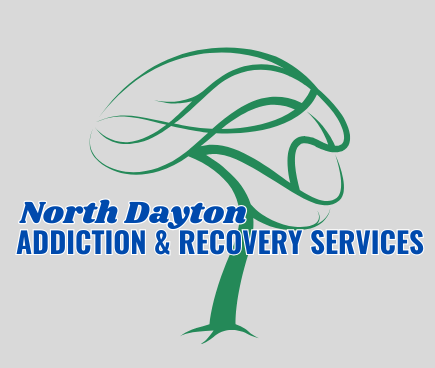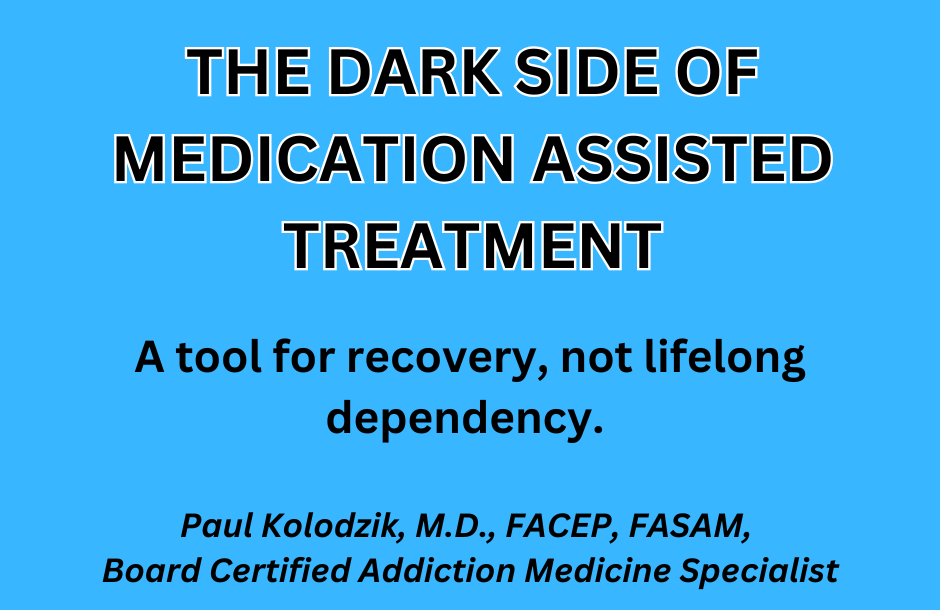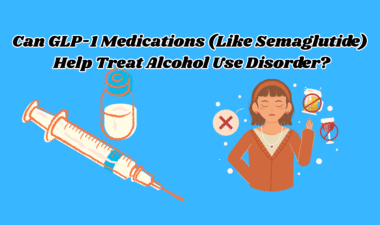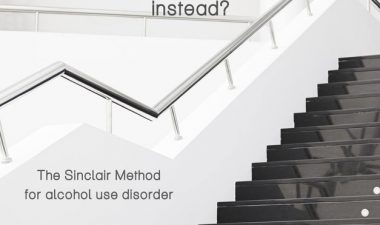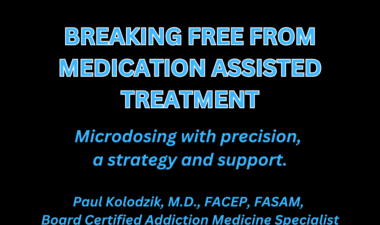Has Your Doctor or Provider Been Uncooperative in Helping You Taper Down and Off Suboxone?
- Is your doctor keeping you on 12, 14, or 16 mg for years?
- Does your provider resist your requests to taper down and eventually off the medication?
- Is your provider putting their financial interests above your recovery goals?
If so, you have the wrong medical provider.
As the Medical Director at North Dayton Addiction & Recovery, I have treated nearly a thousand opiate-dependent patients over the last decade. The goal with every patient is to first stabilize their medical status and their life, and then slowly reduce the dosing of Suboxone to help them meet their goals of coming off the medication. Unfortunately, I’ve come to realize that this is not the goal of most Suboxone treatment clinics.
Suboxone: A Tool for Recovery, Not Lifetime Dependency
Suboxone, a combination of buprenorphine and naloxone, is a lifesaving medication for individuals battling opioid addiction. It’s a cornerstone of Medication-Assisted Treatment (MAT), a proven method to help patients manage withdrawal symptoms, reduce cravings, and stabilize their lives. While it is effective in this regard, too often initial treatment becomes a gateway to years—or even permanent—use of the drug. This is unnecessary for most patients.
The purpose of Suboxone should be as a bridge to recovery, not a permanent treatment. Yet many physicians prescribe it indefinitely, prioritizing financial incentives over patient independence. This is not the case in my practice, where the standard approach is to help patients achieve a life free from Suboxone whenever possible.
The Purpose of Suboxone in Recovery
Suboxone alleviates withdrawal symptoms and reduces cravings, allowing individuals to focus on rebuilding their lives. It provides an acceptable medical approach to managing withdrawal symptoms and helps patients avoid abusing prescribed or illicit opioids, such as fentanyl or heroin. However, the ultimate goal of MAT should be to help patients transition away from all substances, including Suboxone. This process, known as titration or tapering, involves gradually reducing the dosage to avoid withdrawal symptoms and achieve full independence. This process often takes many months, and may take up to several years.
In my practice tapering to discontinuing the medication is the rule, not the exception. While some patients request to stay on a very low dose long-term—typically 1-2 mg daily for “insurance”—the majority successfully taper off the medication entirely. For those who stay on low doses, appointments become infrequent, and they know they can count on my assistance should they decide to discontinue Suboxone altogether.
The Problem: Prolonged Use Often Equals Dependency
Unfortunately, some doctors stray from the intended purpose of Suboxone treatment, and they keep patients on the medication for years or even indefinitely. This raises serious concerns about patient welfare and motivations within the addiction treatment industry.
Contributing Factors:
- Financial Incentives: Suboxone treatment can be lucrative. Keeping patients on the medication indefinitely secures a steady stream of income through regular follow-ups and prescription renewals. This issue is exacerbated by private equity and other investors having entered the addiction treatment industry.
- Fear of Relapse: Some providers genuinely believe that tapering patients off Suboxone increases the risk of relapse. However, in my experience, slow, safe, and collaborative tapering is almost always possible.
- Patient Dependence: Suboxone is a partial opioid agonist, meaning it can create physical dependence. With a measured approach that includes comfort medications and slow tapering, this challenge is nearly always surmountable.
- Lack of a Clear Plan: Some providers fail to establish a tapering strategy, leaving patients reliant on long-term treatment. In many cases, this is an intentional effort to retain paying patients.
The Consequences of Prolonged Suboxone Use
Keeping patients on Suboxone indefinitely can lead to:
- Physical Dependence: Long-term use can create dependency, but gradual tapering can minimize discomfort and eliminate withdrawal risks.
- Emotional Stagnation: Recovery is about growth, healing, and independence. Prolonged reliance on Suboxone can hinder true progress.
- Financial Burden: Regular doctor visits and medication costs can be a significant strain, especially for patients with limited resources.
- Social Stigma: Long-term Suboxone use may perpetuate stigma, with some viewing it as replacing one addiction with another.
Advocating for Responsible Suboxone Management
At North Dayton Addiction & Recovery, our goal is to help the vast majority of patients taper off Suboxone. Here’s how we achieve this:
- Clear Tapering Plans: From the start, we create individualized tapering plans tailored to each patient’s needs and progress. Patients are encouraged to voice their goals and concerns openly.
- Patient Education: Patients are informed that Suboxone is a stepping stone, not a cure. Education reduces fears about tapering off the medication.
- Accountability: We prioritize patient outcomes over profit. Collaboration ensures MAT programs are used responsibly.
- Comprehensive Support: We provide access to counseling, peer support, and comfort medications to address withdrawal symptoms and help patients build long-term coping skills.
Final Thoughts
Suboxone is a powerful ally in the journey to recovery, but for most patients, it should not be a lifelong dependency. By empowering patients to take the next steps toward independence, we can ensure that Suboxone fulfills its true purpose: helping individuals reclaim their lives from addiction without substituting one dependency for another.
About Dr. Paul Kolodzik
Paul Kolodzik, MD, FACEP, FASAM, is double board-certified in Addiction Medicine and Emergency Medicine. He is licensed in Ohio and Indiana, treating patients primarily via telemedicine. With a decade of experience, Dr. Kolodzik is committed to helping patients achieve recovery and a life free from Suboxone whenever possible.
4 paragraphs at 10th grade reading level:
The Hidden Problem with Long-Term Suboxone Use
Suboxone is a valuable medication that helps people recover from opioid addiction by reducing withdrawal symptoms and cravings. However, some doctors keep patients on high doses for years without a plan to taper them off. This can create a cycle of dependency that benefits the provider more than the patient. At North Dayton Addiction & Recovery, Dr. Paul Kolodzik believes in using Suboxone as a temporary tool, not a lifetime prescription. His goal is to help patients gradually reduce their dosage and eventually stop taking the medication when they are ready.
Why Tapering Off Suboxone Matters
While Suboxone is effective in stabilizing patients, its long-term use can lead to physical dependence. Many people want to lower their dose or stop taking it altogether but find that their provider is unwilling to help. Some doctors fear that tapering will lead to relapse, while others may keep patients on high doses for financial reasons. In reality, a careful, medically supervised tapering process can allow patients to stop using Suboxone safely. At North Dayton Addiction & Recovery, tapering is the standard approach, with most patients successfully reducing or stopping their medication over time.
The Dangers of Staying on Suboxone Indefinitely
When patients are kept on Suboxone for too long, they may face several challenges. Physically, their bodies become dependent on the medication, making it harder to quit. Emotionally, they may feel stuck in their recovery, unable to fully move forward. Financially, ongoing doctor visits and prescription costs can become a burden. Some patients also face stigma, as long-term Suboxone use is sometimes viewed as replacing one addiction with another. These issues highlight the importance of responsible Suboxone management, where the goal is true independence rather than lifelong dependence.
A Better Approach to Recovery
At North Dayton Addiction & Recovery, every patient receives a clear and individualized tapering plan. Dr. Paul and his team provide education, support, and comfort medications to help patients transition off Suboxone without severe withdrawal symptoms. Their approach prioritizes patient well-being over profit, ensuring that those in recovery have the best chance at a life free from medication. Suboxone should be a step toward healing, not a permanent solution. If you or someone you know is struggling to taper off Suboxone, finding the right provider can make all the difference.
